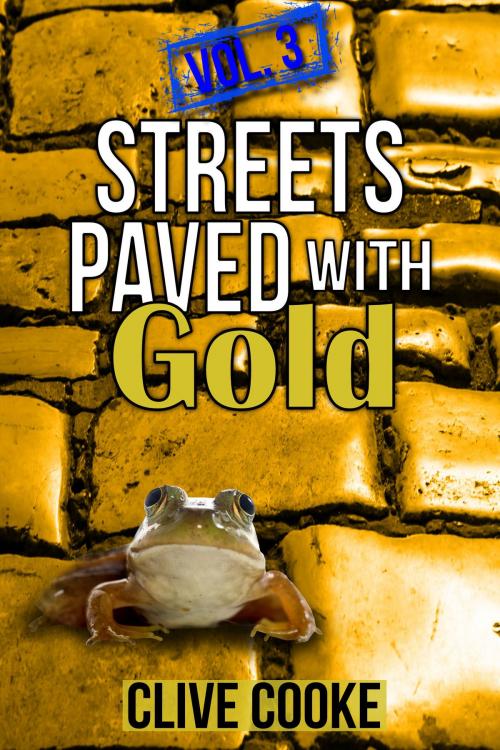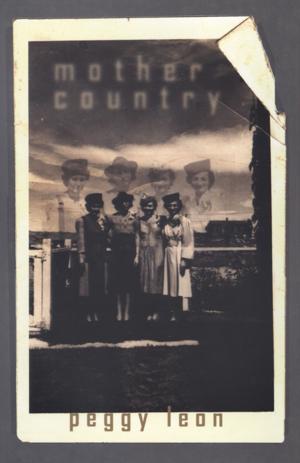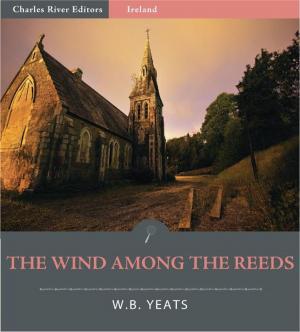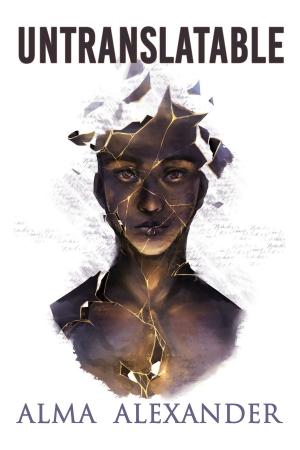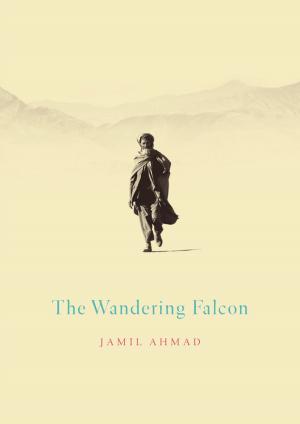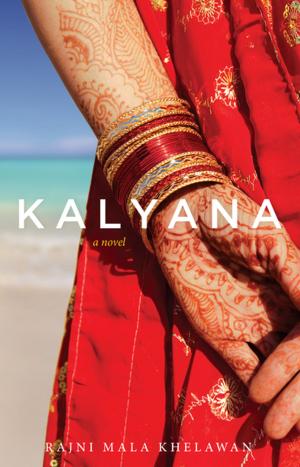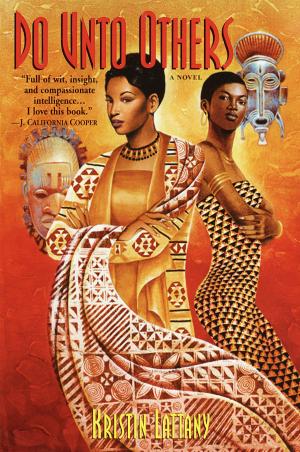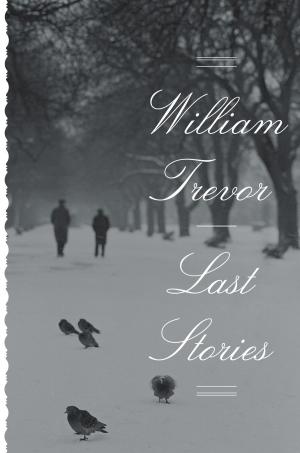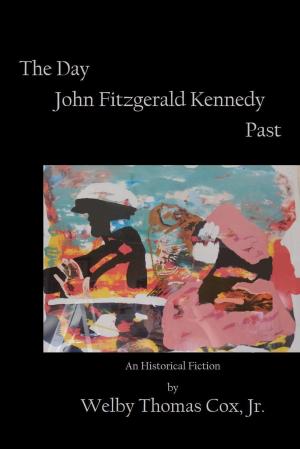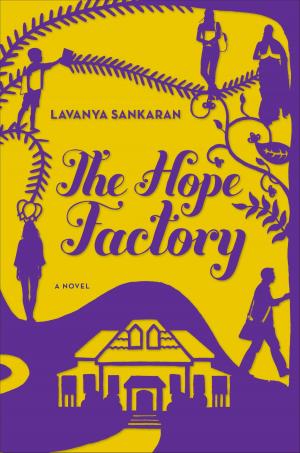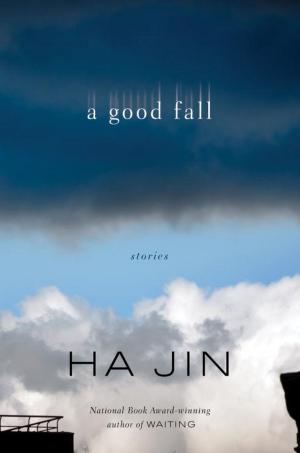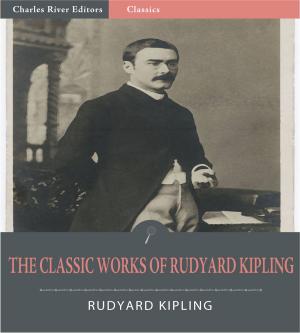| Author: | Clive Cooke | ISBN: | 9780463630303 |
| Publisher: | Clive Cooke | Publication: | October 4, 2018 |
| Imprint: | Smashwords Edition | Language: | English |
| Author: | Clive Cooke |
| ISBN: | 9780463630303 |
| Publisher: | Clive Cooke |
| Publication: | October 4, 2018 |
| Imprint: | Smashwords Edition |
| Language: | English |
“The Cradle of Mankind” is a dramatization of the recent finds of skeletons of a primate species closely related to “homo sapiens”. You might not want to meet these creatures wandering around your camp site at night.
“Shakespeare in the Suburbs” is set in an adult literacy center in Johannesburg where illiterates are taught to read and write. A young, unemployed man does voluntary work at the center while looking for job. He is given the task of helping a fully literate postman pass his final school English exam. And, horror or horrors, the set work is Shakespeare, a virtually impossible task for someone for whom English is his fourth language.
“A Good Boy” is the story of gangsterism on the Cape Flats. It is also the story of a mother’s love.
The two stories entitled “Lobola” are light and humorous. In the first, a peasant exploits a gap in church practice. He believes the church owes him lobola, the bridegroom’s gift to his future father-in-law, normally settled in cattle, when his daughters became nuns. In the second, a white man takes a huge chance by demanding lobola from his future son-in-law when the young man wishes to marry his daughter.
In “Lord of the Bush” a Scottish aristocrat visits South Africa in the early days of the last century and goes feral. His brother is sent out to find him.
“The Cuckoo’s Hatchling” is about paranoia. During the Apartheid times, there were parallels with the Stazi regime in East Germany. Organizations were infiltrated by spies. No-one knew whom to trust, not even members of the same family. Paranoia reigned.
“Twenty Cents” is a humorous recounting of the many urban legends that swept the country in the period leading up to the first democratic election.
“Buckingham Palace” is an ironic name given to one of the informal settlements, or squatter camps. Life goes on. People survive and Granny Thato grows tomatoes which she hopes to swap for mealies that her neighbor is growing. Her quiet life is, however, disturbed when she meets a crook out to defraud her.
“The White Lion” is a dramatization of the Shangaan legend.
“Dreams” is the story of the successes and failures of the first black doctor in the country. The young newspaper reporter who tracks the doctor down in order to write up her life story has more than a passing similarity with the elderly doctor.
“Let Them Eat Cake” was probably never said by Marie Antoinette at the time of the French Revolution. However, it seems appropriate to use it at the time of the South African Revolution. The cozy world of a group of wealthy socialites is disturbed when one of them finds out how the other half lives.
In “Witness”, a young lawyer has to defend a peasant woman accused of murder. The accused is uncooperative. The lawyer becomes frustrated and looks for the easy way out. However, she finds that the witnesses are clearly lying and in order to prevent a miscarriage of justice, the lawyer is forced to investigate the crime herself.
“The Hill” is about labour unrest on the mines.
“The Contest” is a humorous Gilbert-and-Sullivan style mix up when a young man enters a beauty contest reserved for women.
“Three Women” compares the lives of three generations of women living in the countryside. The granny’s life was bound by tradition. Hers was an arranged marriage. The youngest breaks with tradition to run away with her lover. The middle woman chooses a path between the two extremes.
In “Foundling”, a Xhosa woman abandons her child at a bus terminus. The boy is taken in by a kindly Sotho woman. But, acceptance into the new home proves difficult. In the end, the boy is abandoned a second time with tragic results.
“The Cradle of Mankind” is a dramatization of the recent finds of skeletons of a primate species closely related to “homo sapiens”. You might not want to meet these creatures wandering around your camp site at night.
“Shakespeare in the Suburbs” is set in an adult literacy center in Johannesburg where illiterates are taught to read and write. A young, unemployed man does voluntary work at the center while looking for job. He is given the task of helping a fully literate postman pass his final school English exam. And, horror or horrors, the set work is Shakespeare, a virtually impossible task for someone for whom English is his fourth language.
“A Good Boy” is the story of gangsterism on the Cape Flats. It is also the story of a mother’s love.
The two stories entitled “Lobola” are light and humorous. In the first, a peasant exploits a gap in church practice. He believes the church owes him lobola, the bridegroom’s gift to his future father-in-law, normally settled in cattle, when his daughters became nuns. In the second, a white man takes a huge chance by demanding lobola from his future son-in-law when the young man wishes to marry his daughter.
In “Lord of the Bush” a Scottish aristocrat visits South Africa in the early days of the last century and goes feral. His brother is sent out to find him.
“The Cuckoo’s Hatchling” is about paranoia. During the Apartheid times, there were parallels with the Stazi regime in East Germany. Organizations were infiltrated by spies. No-one knew whom to trust, not even members of the same family. Paranoia reigned.
“Twenty Cents” is a humorous recounting of the many urban legends that swept the country in the period leading up to the first democratic election.
“Buckingham Palace” is an ironic name given to one of the informal settlements, or squatter camps. Life goes on. People survive and Granny Thato grows tomatoes which she hopes to swap for mealies that her neighbor is growing. Her quiet life is, however, disturbed when she meets a crook out to defraud her.
“The White Lion” is a dramatization of the Shangaan legend.
“Dreams” is the story of the successes and failures of the first black doctor in the country. The young newspaper reporter who tracks the doctor down in order to write up her life story has more than a passing similarity with the elderly doctor.
“Let Them Eat Cake” was probably never said by Marie Antoinette at the time of the French Revolution. However, it seems appropriate to use it at the time of the South African Revolution. The cozy world of a group of wealthy socialites is disturbed when one of them finds out how the other half lives.
In “Witness”, a young lawyer has to defend a peasant woman accused of murder. The accused is uncooperative. The lawyer becomes frustrated and looks for the easy way out. However, she finds that the witnesses are clearly lying and in order to prevent a miscarriage of justice, the lawyer is forced to investigate the crime herself.
“The Hill” is about labour unrest on the mines.
“The Contest” is a humorous Gilbert-and-Sullivan style mix up when a young man enters a beauty contest reserved for women.
“Three Women” compares the lives of three generations of women living in the countryside. The granny’s life was bound by tradition. Hers was an arranged marriage. The youngest breaks with tradition to run away with her lover. The middle woman chooses a path between the two extremes.
In “Foundling”, a Xhosa woman abandons her child at a bus terminus. The boy is taken in by a kindly Sotho woman. But, acceptance into the new home proves difficult. In the end, the boy is abandoned a second time with tragic results.
